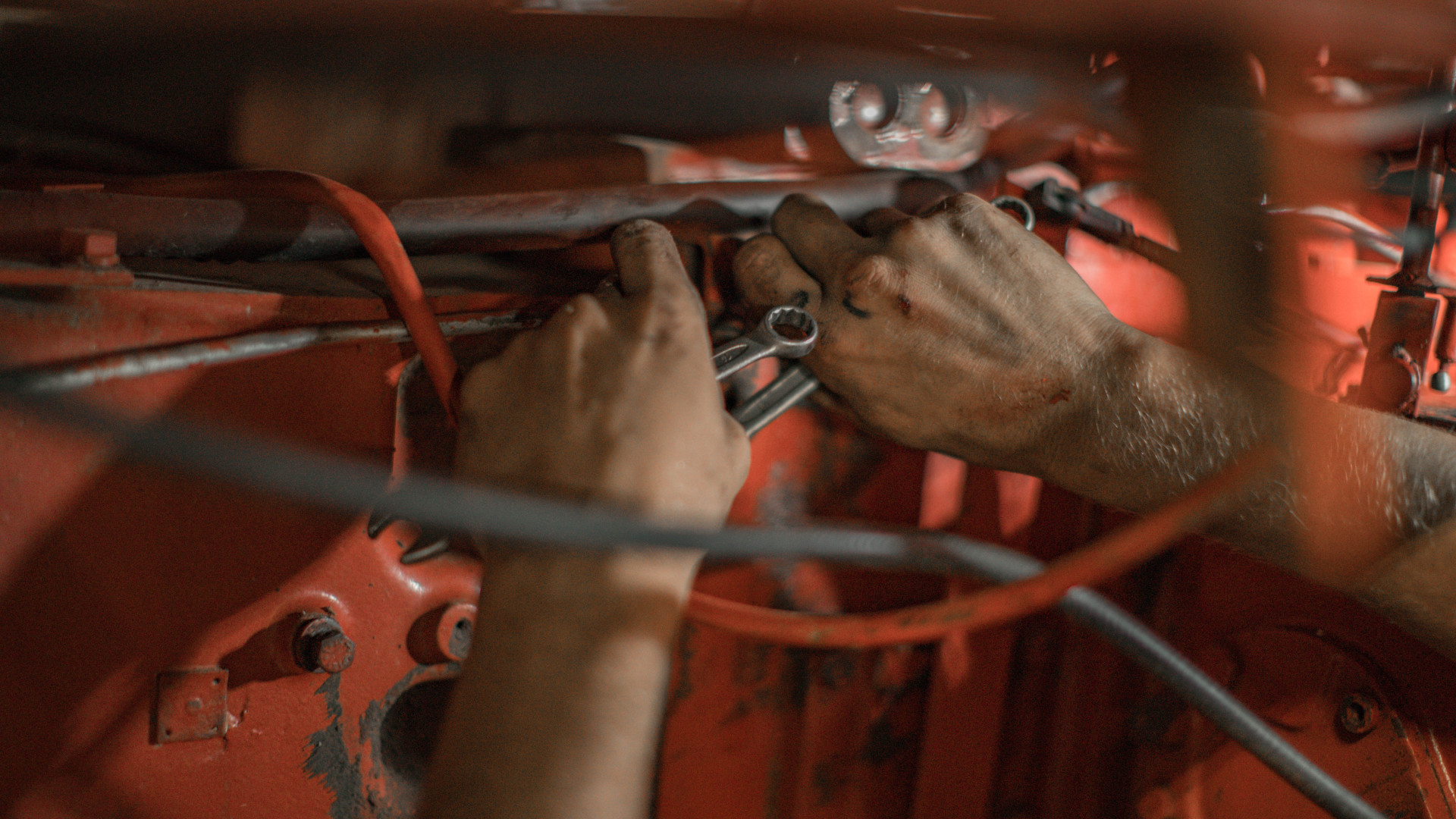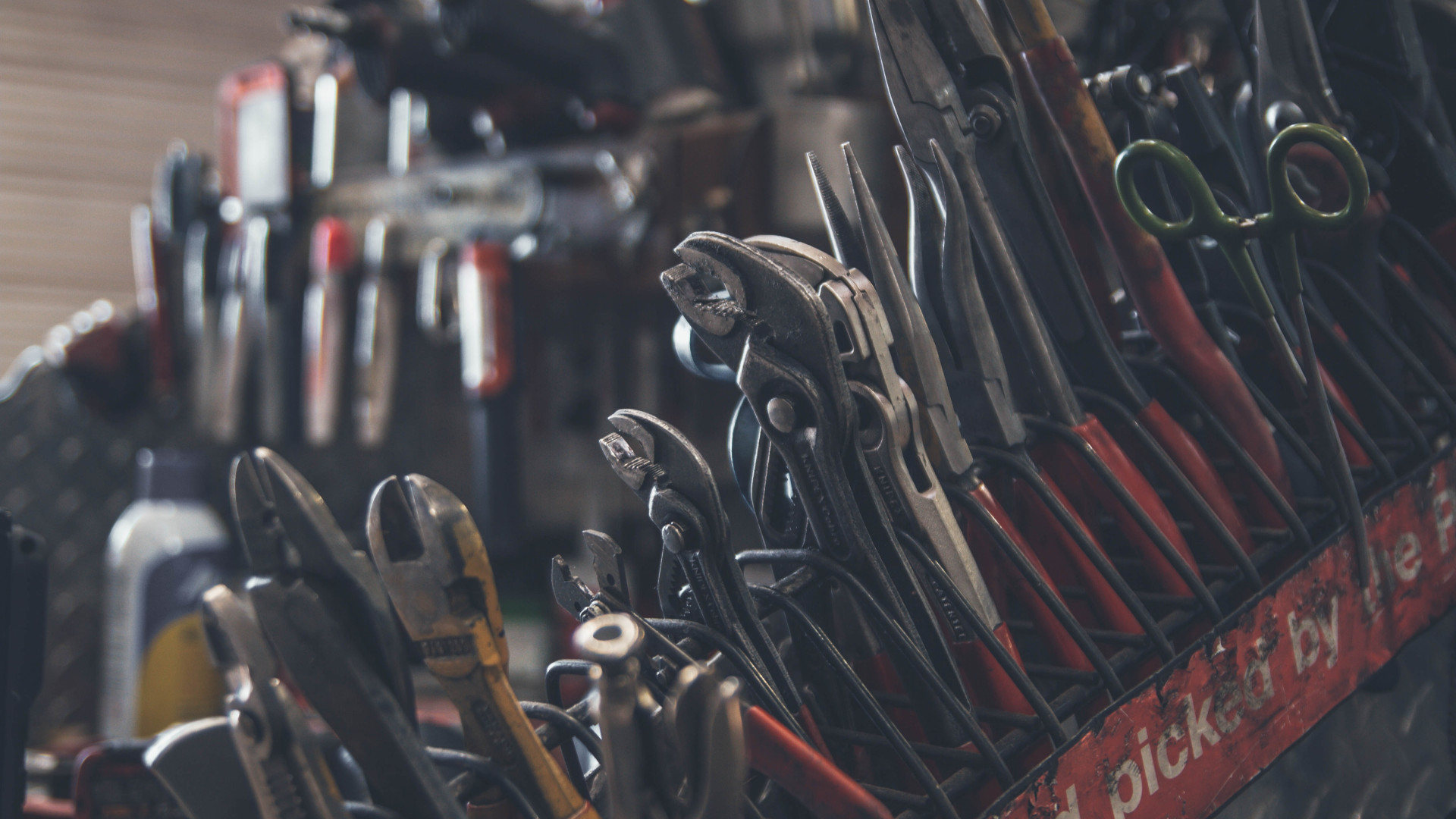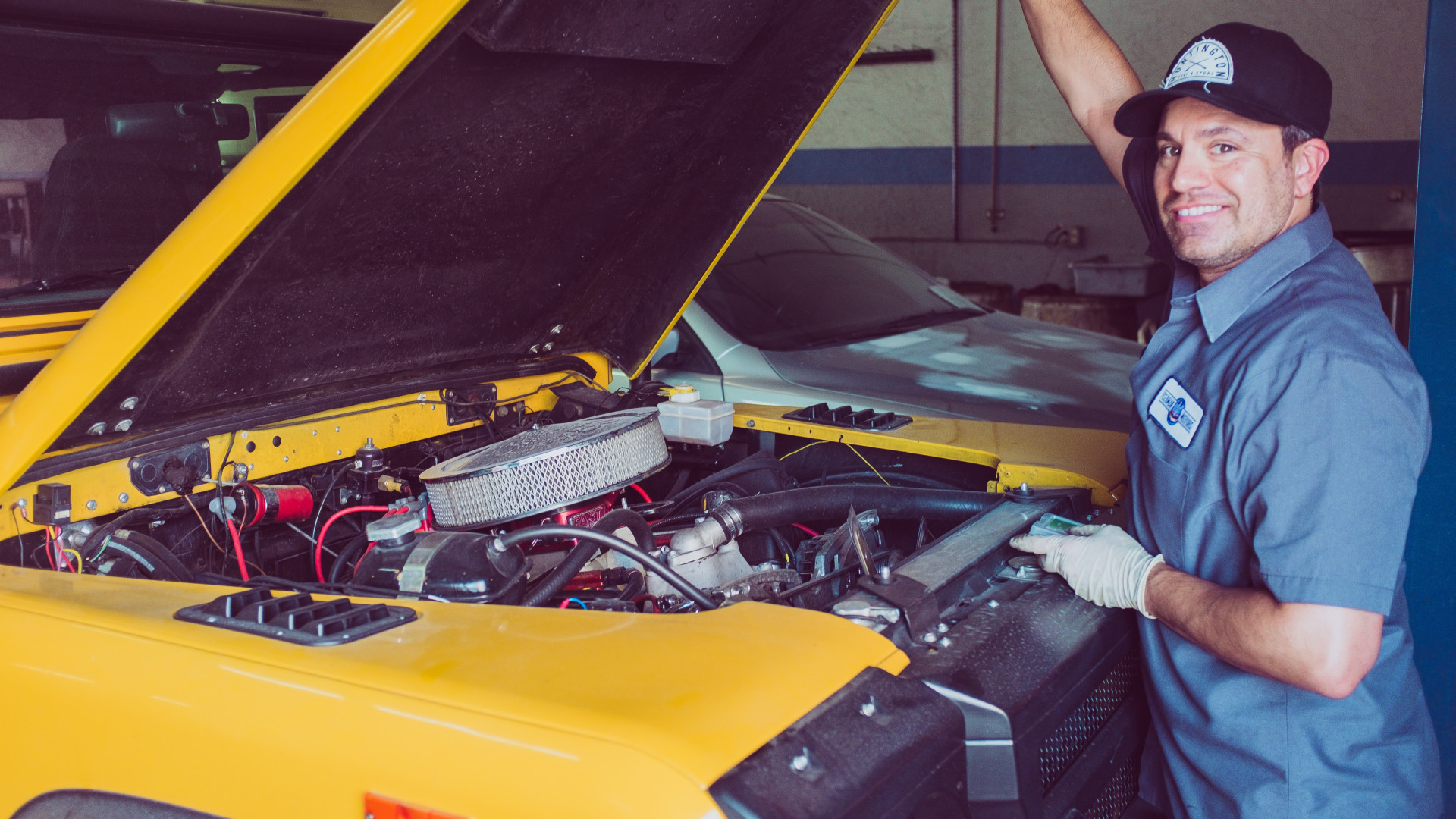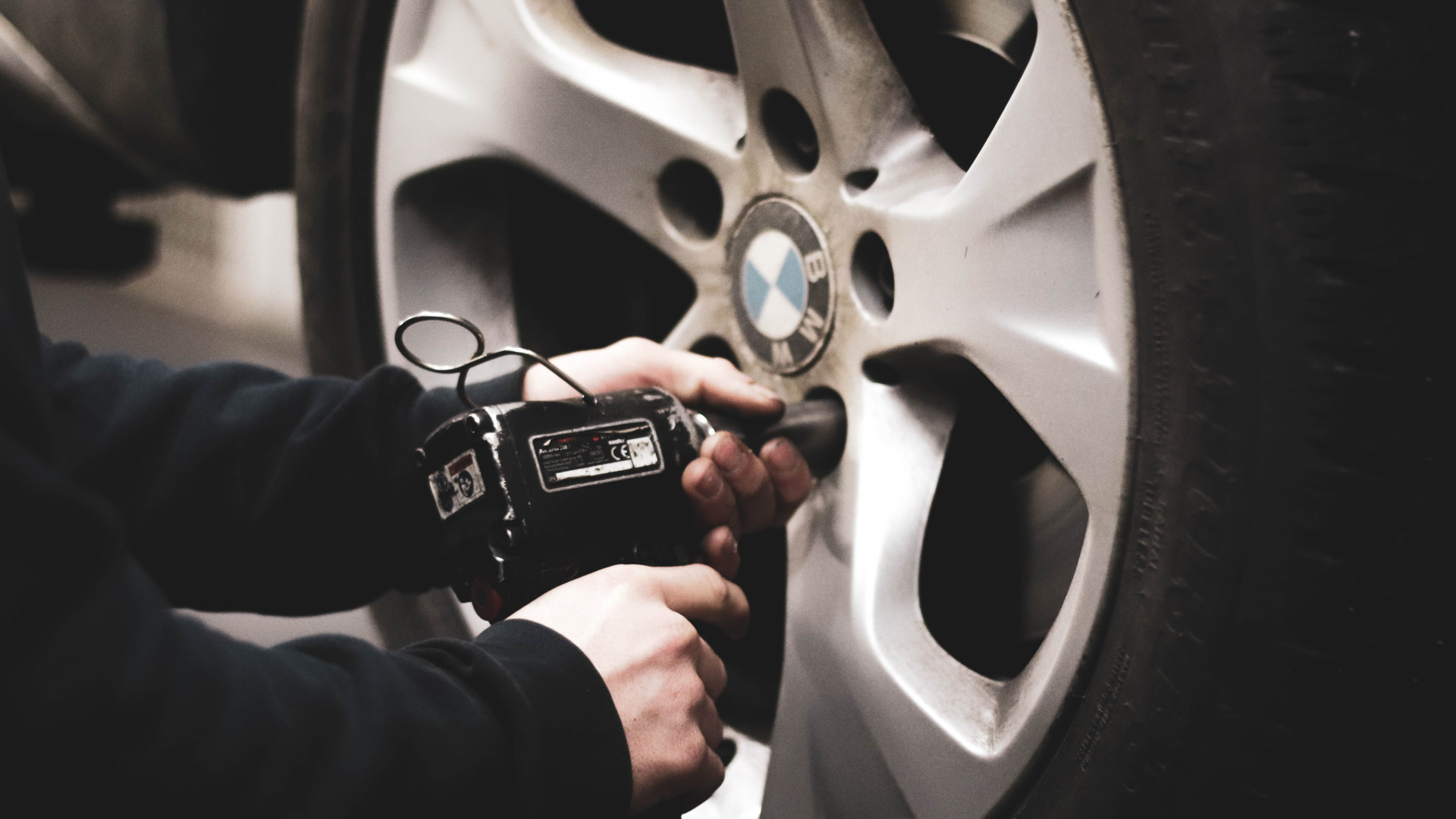Although regular maintenance and check-ups are an important part of keeping your car in its optimal condition, getting your vehicle serviced can often feel like a roll of the dice. If you don’t have a trusted go-to mechanic, it’s not uncommon for car owners to worry about getting overcharged or sold unnecessary services. We want to make sure your hard-earned money is being well spent, so today, we’re going to share with you 5 red flags that signal your mechanic might be ripping you off.
1. Overcomplicating Simple Issues
Car owners go to mechanics because they understand they’re the experts we need to rely on. But if you notice your mechanic is using overly complex jargon to make simple issues sound dire or catastrophic, you might be dealing with someone trying to take advantage of you. An honest mechanic will explain the issues your car is having in simple terms so you can understand. They’ll also provide you with clear advice that will help you make smart, informed decisions. If you feel like you’re being even slightly manipulated, it’s probably time to find a second opinion.
 Photo by Nina Mercado on Unsplash
Photo by Nina Mercado on Unsplash
2. Frequent and Unexpected Upselling
If you have a good mechanic, he’ll always recommend necessary maintenance or future repairs that ensure your car is always running smoothly. But if every visit ends with a long list of urgent, high-cost repairs, that’s certainly a cause for concern. You should be suspicious if you’re constantly being pushed to pay for services that weren’t part of the original plan, especially if they’re extra expensive. If you ask them to justify their reasons and they can’t, these clearly weren’t additional services you needed.
 Photo by Kenny Eliason on Unsplash
Photo by Kenny Eliason on Unsplash
3. Discrepancies Between Estimates and Final Bills
Before starting any repairs, a good mechanic will always provide you with a rough estimate of what it’s going to cost you. If they don’t, you should make a note to ask. Because if your final bill is significantly higher than the initial estimate without reasonable explanation or prior approval, that’s a definite red flag. Always look for an honest mechanic who will give you accurate estimates, notify you of any changes, and seek approval before moving forward with extra work.
 Photo by Kenny Eliason on Unsplash
Photo by Kenny Eliason on Unsplash
4. Unwillingness to Show You the Old Parts
After making any necessary replacements, it’s a good idea to ask your mechanic to show you the old parts. Any reputable mechanic won’t have any trouble showing you the old or damaged part that they had to replace and fix. This practice not only helps to validate the work that they did, but it also increases your trust in them. Because if your mechanic is hesitant to show you the old parts or seems evasive about it, they might not have actually replaced anything at all.
 Photo by Tim Mossholder on Unsplash
Photo by Tim Mossholder on Unsplash
5. Poor Reviews and Complaints
Thanks to the power of the internet, it’s now easier than ever before to research your mechanic’s reputation. Take a quick look at some online reviews to see if they have any unresolved complaints on different platforms. While even the best businesses might have a few negative reviews, if you see frequent complaints about overcharging, poor customer service, or terrible workmanship, it’ll give you a good idea of what you can expect at that location.
 Photo by Benjamin Brunner on Unsplash
Photo by Benjamin Brunner on Unsplash
With the proper knowledge and adequate amount of careful observation, you’ll be able to protect yourself from sketchy mechanics out to make a quick buck. Remember, the best defense against dishonesty is to establish an honest relationship with a reliable and trustworthy mechanic. Good luck!







